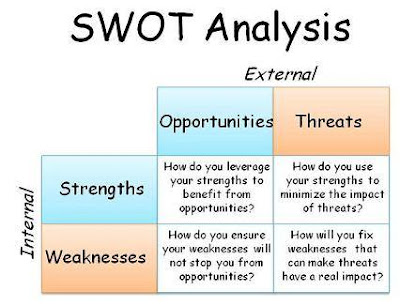What is Maturity?
Definition provided by Buddhist Lamas... Maturity is when you stop trying to change people, and instead focus on changing yourself. Maturity is when you accept people for who they are. Maturity is when you understand that everyone is right in their own perspective. Maturity is when you learn to "let go". Maturity is when you are able to drop "expectations" from a relationship and give for the sake of giving. Maturity is when you understand that whatever you do, you do for your own peace. Maturity is when you stop proving to the world how intelligent you are. Maturity is when you focus on positives in people. Maturity is when you do not seek approval from others. Maturity is when you stop comparing yourself with others. Maturity is when you are at peace with yourself. Maturity is when you can differentiate between "need" and "want, and you can let go of your wants. Maturity is when you stop attaching "happiness" to material

